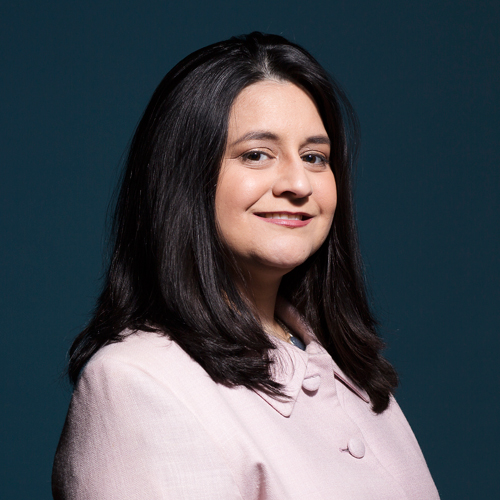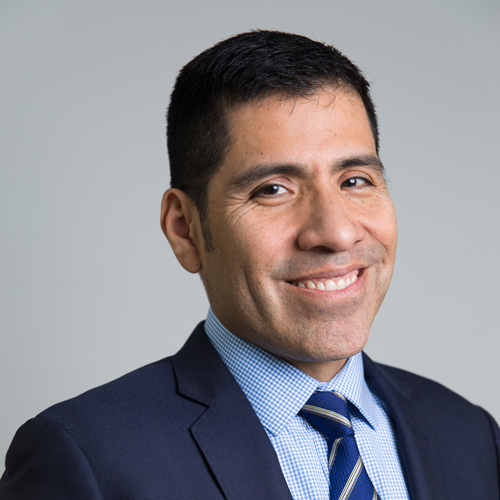Dario Bolanos credits his strong work ethic to growing up in a working-class neighborhood in Chicago where his mother taught at a public school and his father repaired city buses.
His parents worked hard to support their family and save for retirement. While they managed to save their money, they didn’t have someone they could trust to guide them through financial planning. Without such guidance, his parents ended up making financial missteps early in their retirement. “I wish I knew what I know now; it could have avoided some hardship for them,” said Bolanos, a financial advisor with Northwestern Mutual in Chicago.
Today Bolanos draws from his life experience to empower and educate his clients, many of whom are Hispanics, with the knowledge and confidence they need to help achieve their financial goals. “I see lots of folks who have taken good first steps from a financial perspective—maybe a savings account, a few investments and a couple of insurance policies to cover some risk,” he said. “But they don’t have a financial plan that ties everything together.”
“Financial planning is important because goals are just dreams unless you quantify them. People say they want to retire early or buy a house in 10 years, but they have no clue as to whether they are on track to achieving their goals,” said Bolanos.
When he begins to talk with clients, Bolanos finds three key things are helpful to understand:
1. Budgeting. While it may seem simple, understanding what you’re spending your money on each month can go a long way toward helping you take more control of your finances. When you begin to see where your money is really going, you can make changes to save more money if needed. And by putting savings on autopilot each month, you can begin to work toward future goals like paying for a child’s education or retirement.
2. Understanding inflation. Bolanos sees a number of clients who save money regularly, but they keep the money in a savings account or even just cash at home. “That can actually work against you,” he said. That’s because over time the cost of things will go up. If you keep cash or if you keep money in a savings account that pays a low interest rate, when things cost more, the amount that you have saved will be worth less.
3. Protecting lifestyle. Bolanos often talks with clients about what they would do if they were unable to work and support their family. He talks about how life or disability income insurance can help protect income their families depend on in the event that something happens to them.
Bolanos believes financial planning is more than just education. He believes it can empower people to pursue their dreams. He recalls a client who aspired to work as a broadcast journalist but realized she needed to make a career move to reach her goal. The two worked on a financial plan that would allow her to leave a well-paid position in Chicago for a lower paying job in another city to gain the experience she needed to advance her career. In time, she returned to Chicago to take a coveted job at a major broadcasting company.
“Knowing she had a financial plan in place gave her the extra confidence to go after her dreams,” he said. “Now she’s working in the field she wants and earning a lot more money.”
Bolanos also wants to introduce more Hispanics to the financial planning profession—a move he believes ultimately benefits the entire community by increasing people’s access to financial advisors. There wasn’t much of a Hispanic presence at the Northwestern Mutual office in Chicago when he started. Now the team has several Latinos, including two women and his brother. “I can influence the culture here by finding and recruiting new talent,” he said.
These days, Bolanos finds immense satisfaction seeing others take the kind of action he wished his parents and others had taken to avoid financial pitfalls. Being the catalyst that empowers others to work toward financial security is particularly rewarding.
“People don’t care what you know until they know that you care,” he said.

